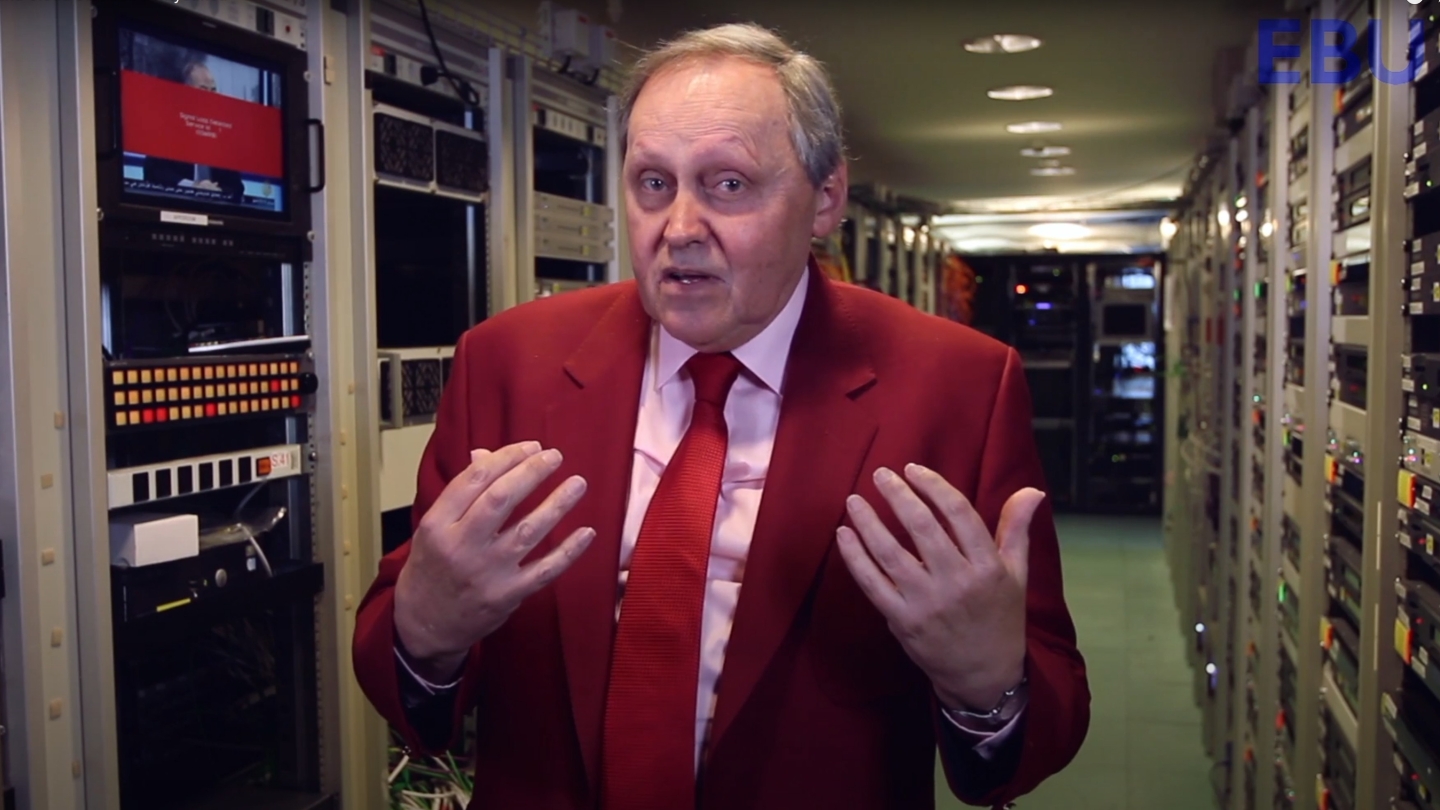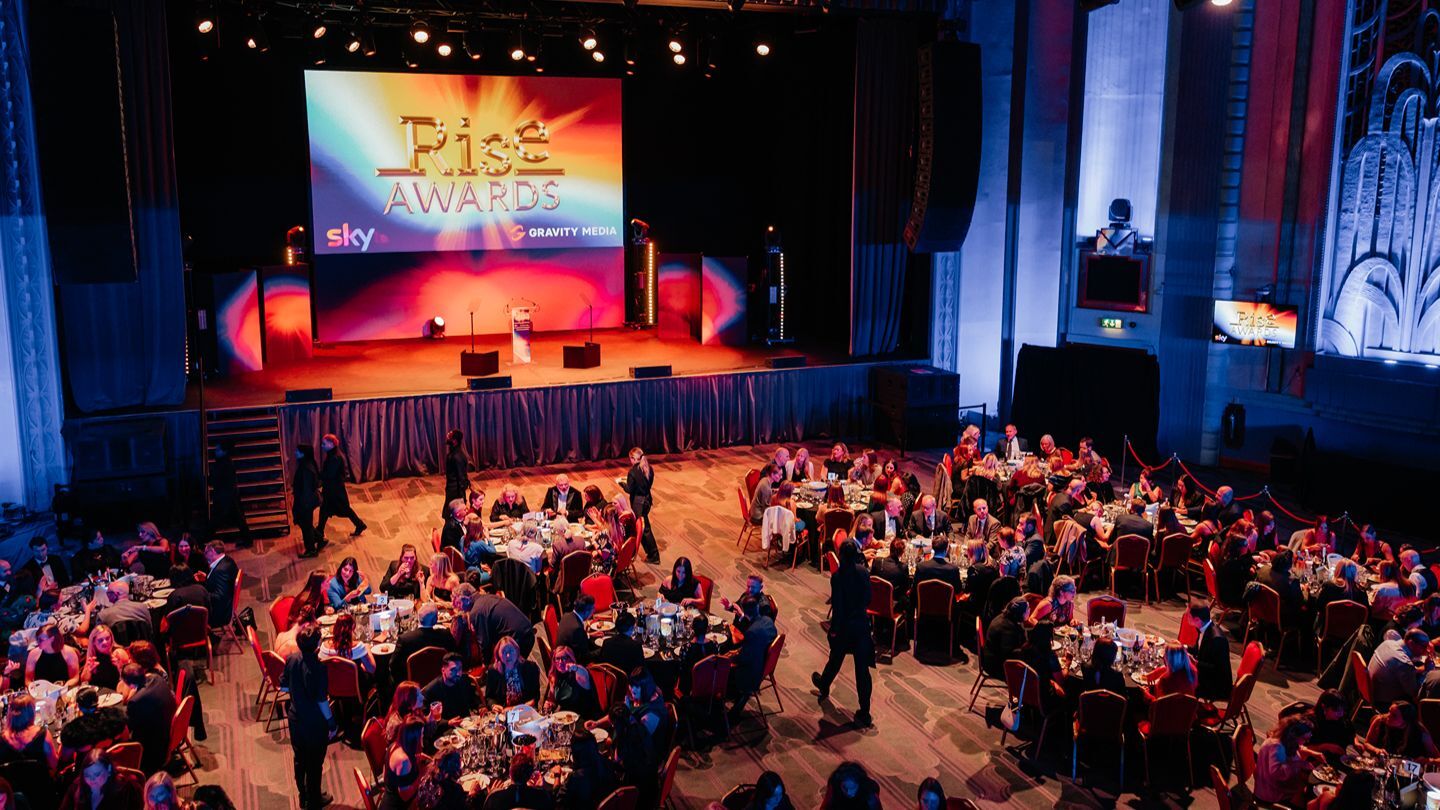Donna Smith, the Managing Director of Rise, the global advocacy membership organisation supporting gender diversity across the media technology sector, has had a career that has cut across a broad swathe of the media industry, writes John Maxwell Hobbs.
Smith’s experience covers working in the digital gaming industry, through to senior roles with companies like Rovi and NBCUniversal. This gives her an extremely well-informed perspective on the issues facing women working in media.
Primary obstacles
Over the past few years, there has been a lot of discussion about the lack of skilled applicants for broadcast technology roles, particularly among women. Smith believes that the main reason for this is a lack of awareness of the roles that are available. She also feels that the messaging around this needs to focus on more than just young people. “Parents aren’t aware that there’s a career path and good career development in the broadcast industry,” she said. “It’s an educational piece at a parents’ level, rather than a young adults’ level.”...
You are not signed in
Only registered users can read the rest of this article.
.jpg)
Stephen J Arnell: “AI definitely has its uses, but it is presently way too bland”
Writer and producer Stephen J Arnell shares his opinions on how the trends of today will shape the industry of tomorrow.
Nicolas Winding Refn: “If you mass produce nothingness, why would anyone care?”
The Danish auteur is back with a new movie, a prominent role in a computer game, and the same confrontational attitude to formulaic art.
Tech Papers 2025: EBU details development of victorious multilingual chatbot
A team from the EBU and HEIG-VD recently won the coveted Best Technical Paper at IBC2025 for their project on an AI chatbot for ‘trusted news’. David Davies finds out more.

CTO Panel: WBD’s Avi Saxena on facing a “highly volatile but innovative” industry
IBC Conference: Warner Bros. Discovery’s Avi Saxena will take part in an IBC panel of CTOs investigating how best to extract value from the new and rapidly evolving tools of the trade.

David Wood on… 100 years of TV, and beyond!
Dr David Wood, former Deputy Technical Director of the EBU, shares his thoughts on some key moments from the history of modern TV, and what we can expect from the future.



.jpg)
.jpg)